‘The ones most in need have given it their most’
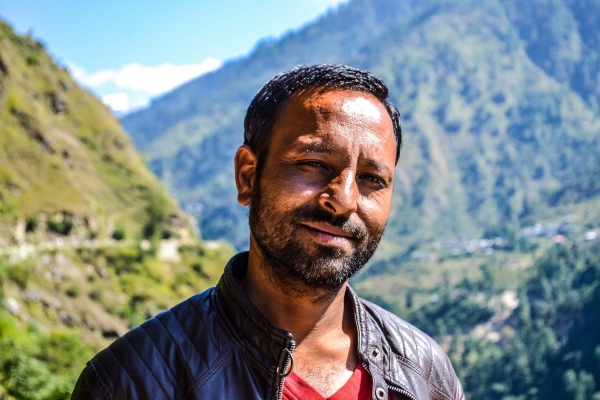
Sanju is the treasurer of GHNP Community-Based Ecotourism Cooperative, which works with Himalayan Ecotourism to empower locals and grow sustainable tourism.

Sanju is the treasurer of GHNP Community-Based Ecotourism Cooperative, which works with Himalayan Ecotourism to empower locals and grow sustainable tourism.

Zam is an Outreach Coordinator at Tengah Island Conservation, a non-profit that researches and protects marine biodiversity funded by Batu Batu resort.
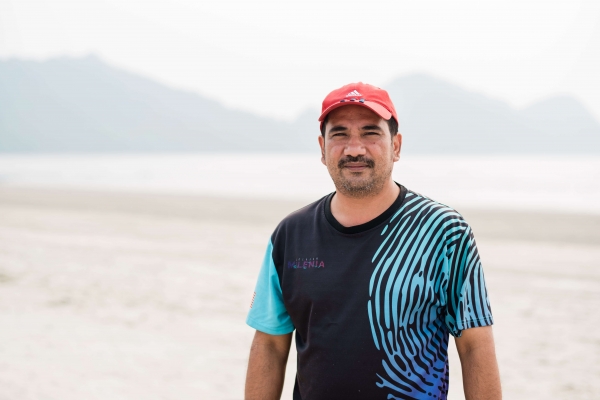
Lim Poo Ker is the Managing Director of Clean & Happy Recycling, a Mersing-based recycling firm and one of Batu Batu resort’s partners in sustainability.
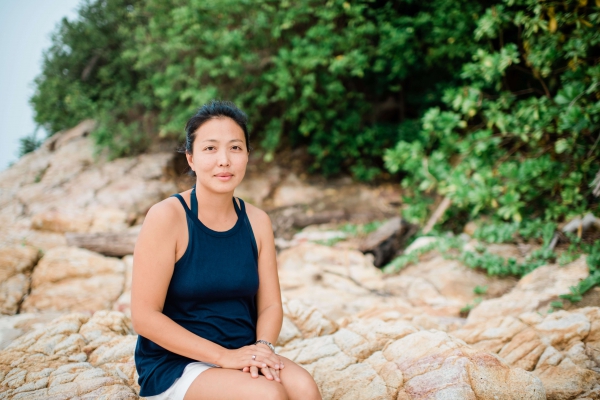
Cher Chua-Lassalvy is co-founder of Batu Batu, a private island resort that funds a conservation non-profit to research and protect marine biodiversity.
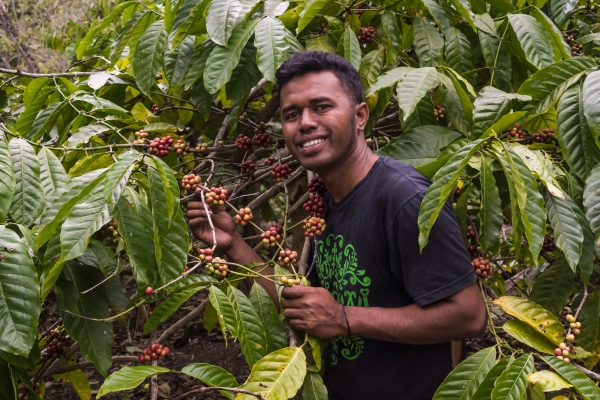
RMC Detusoko is a collective developing new opportunities to promote Lio heritage and agriculture. Through their travel venture, Decotourism, travellers can immerse themselves in the daily lives of the Lio community.
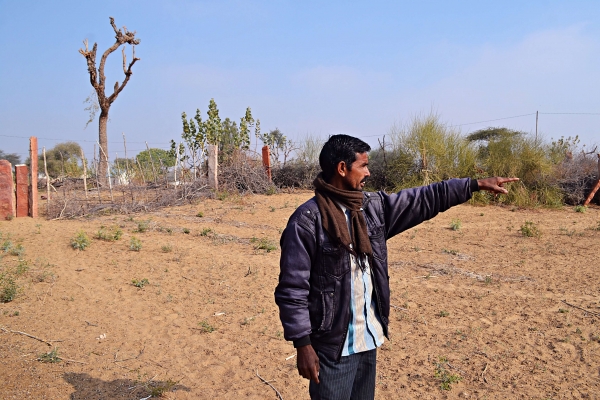
Hacra Dhani is a local-owned desert travel social enterprise in a rural corner of Rajasthan specialising in authentic and sustainable experiences guided by the local community.
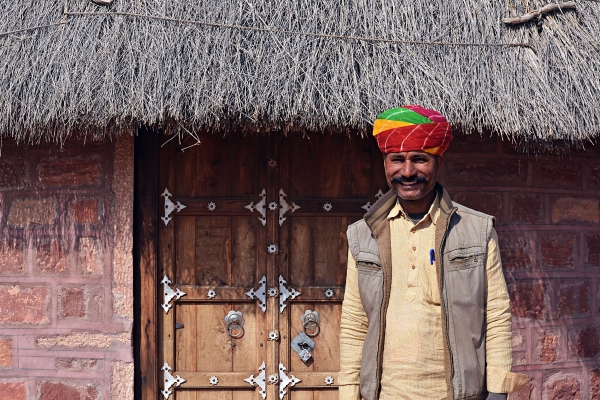
Hacra Dhani is a local-owned desert travel social enterprise in a rural corner of Rajasthan specialising in authentic and sustainable experiences guided by the local community.
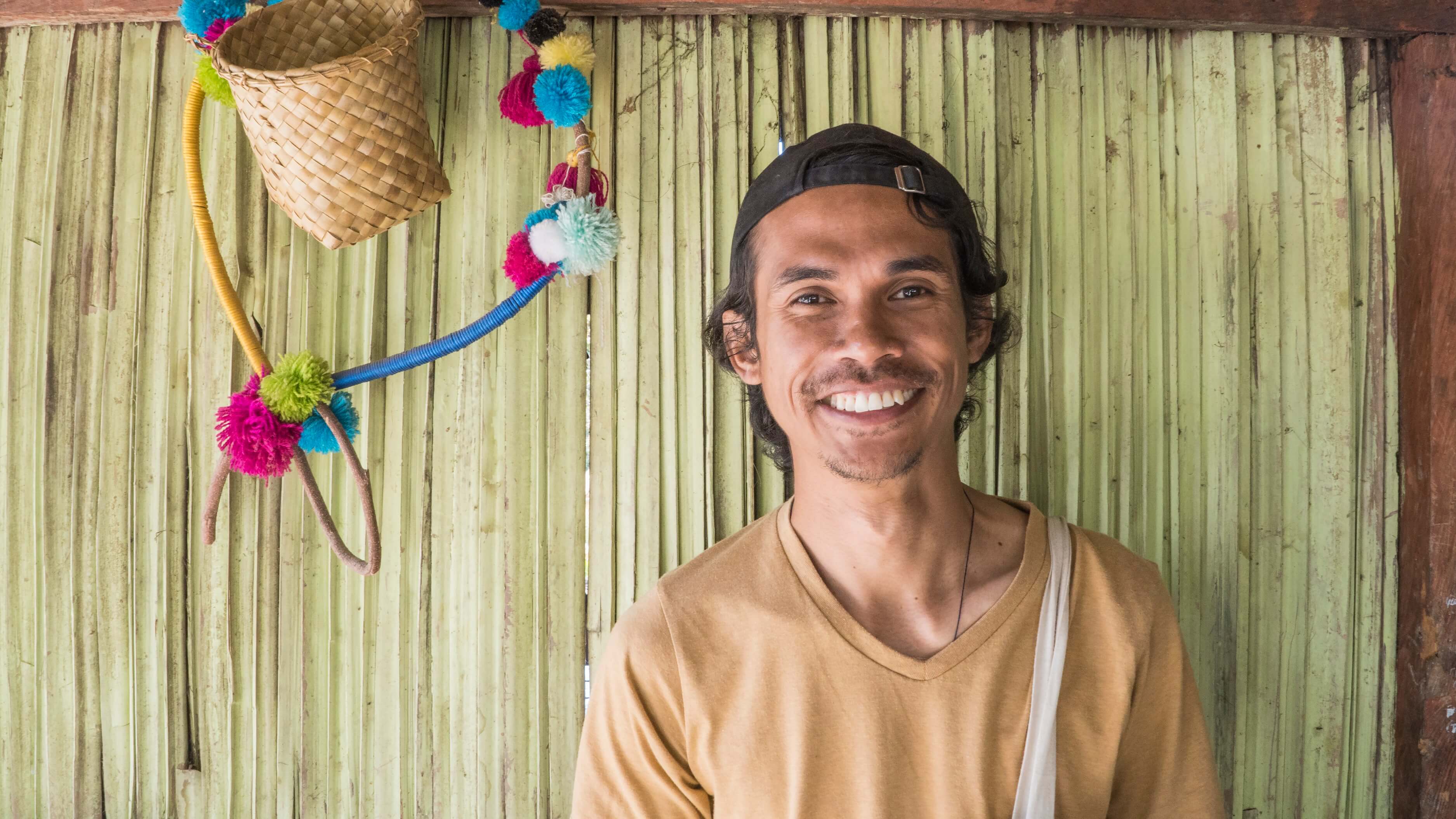
Based in Taiftob, Lakoat.Kujawas is a social enterprise that archives the cultural knowledge of Mollo Timorese through literacy, creative arts and culinary innovation.
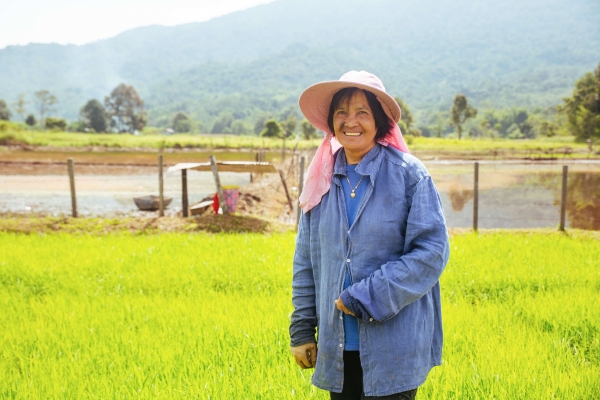
Langit Collective is a social enterprise that empowers smallholder farmers by buying their rice at fair prices to sell to a bigger market. Now, they offer trips where consumers can learn about the culture behind every grain, and create an additional income stream to farmers.
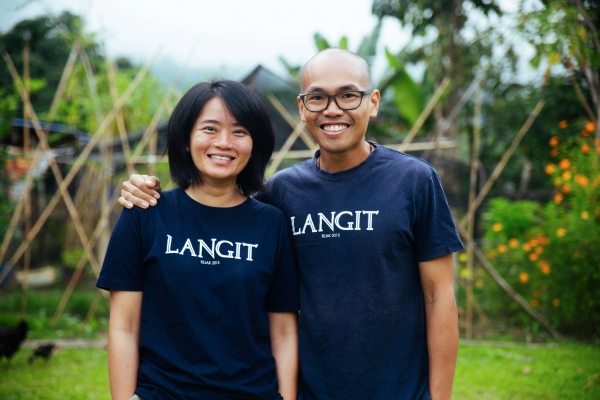
Langit Collective is a social enterprise that empowers smallholder farmers by buying their rice at fair prices to sell to a bigger market. Now, they offer trips where consumers can learn about the culture behind every grain, and create an additional income stream for farmers.